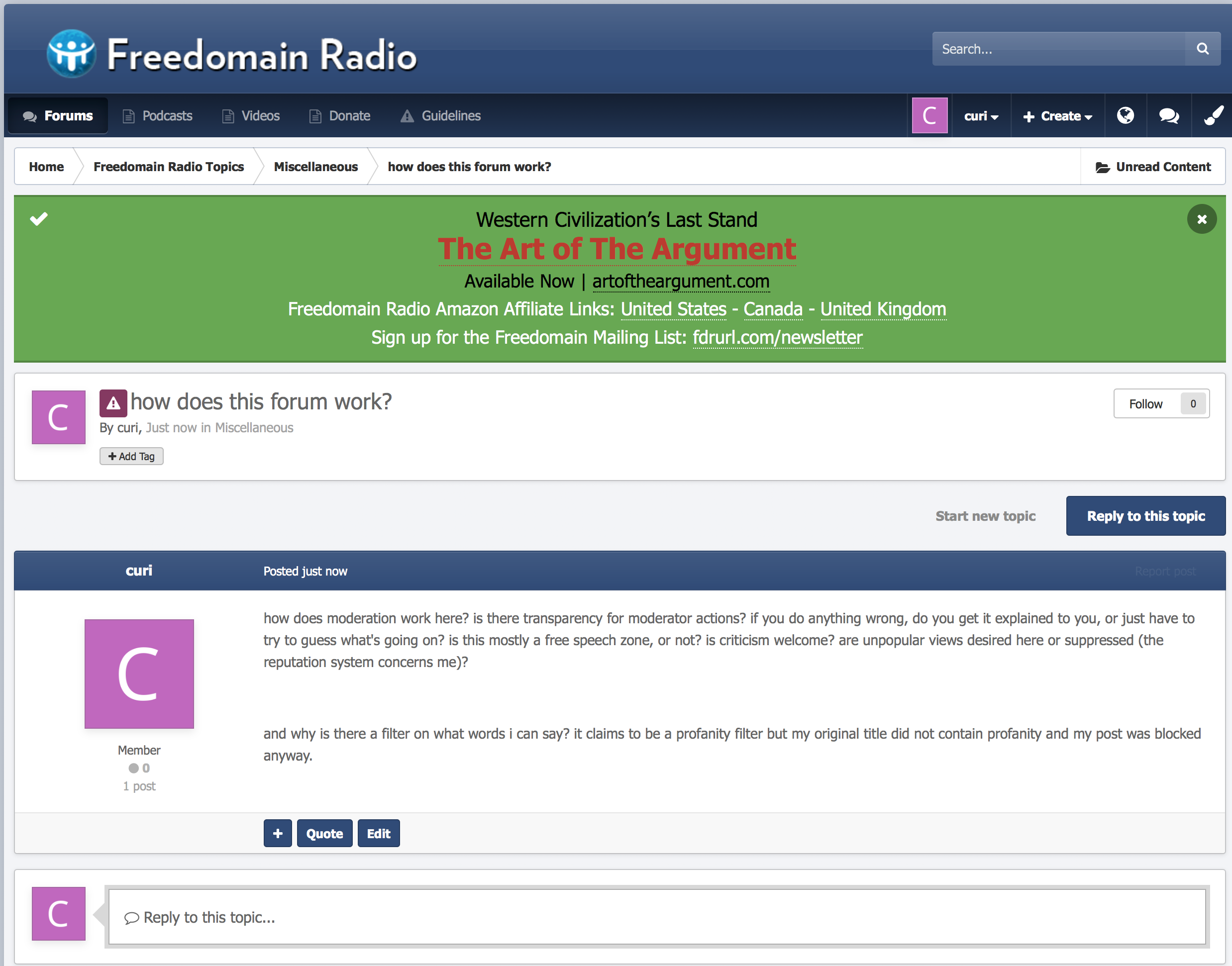


The Analysis Interval allows you to specify the amount of time to slice the collected data into separate intervals for applying the analysis. The answers to these questions are then used as a part of the analysis of the performance counter data since different thresholds apply to some counters based on the hardware configuration.Īfter answering the questions for the threshold file, the Output Optionsscreen, shown in Figure 4, is presented to allow you to configure how you want the data to be analyzed for the output to be generated.
LOGICWORKS 5 PAL WIZARD FORUM HOW TO
By reviewing this information, you can really gain a lot of insight into how to identify performance problems manually as well.įigure 2: Editing the threshold file definition (click to enlarge)Īlthough these two features are beneficial, they aren’t the real power behind the PAL tool. The threshold file can also be edited, which allows you to see which counters are being analyzed, a description of the performance counters meaning, and the rules that will be applied during analysis of the data from a server. The template will contain all of the counters that are commonly used for diagnosing performance problems for the application that was selected in the dropdown. The “Threshold File” tab in the PAL tool provides access to the templates included in the tool in a dropdown box as shown in Figure 1.Īfter selecting a template, the templates definition can exported to a Performance Monitor or Logman template by clicking on the Export to Perfmon template file button, which can then be used to create a Data Collector Set. As a consultant I’ve routinely demonstrated this tool for non-DBAs along with the DBA staff to show them how they can easily exploit the tool for analyzing the other servers within their infrastructure. This makes the tool useful for ‘accidental DBAs’, or better put, server administrators that have responsibilities outside of SQL Server, for analyzing performance of other products that they’re responsible for adminstering. The PAL tool has built-in templates for configuring Performance Counter Data Collector Sets inside of Windows: This includes all of the key counters necessary for monitoring the performance of a SQL Server Instance, along with many of the other products in the Microsoft product stack outside of SQL Server. The template for SQL Server is maintained by a good friend of mine on the PFE Team for SQL Server, David Pless. You can use this to get answers to questions about the best way to use the template, or for questions about the rules that are being applied in the data analysis by the template. An email address of the PFE who is responsible for each template is included in it. There are different PFEs at Microsoft that have volunteered their time to be responsible for the templates and analysis rules that are associated with their specific product. The tool was designed as a broad solution for collecting and analyzing data allowing the use of templates to define data collection sets and rules. The PAL tool was written at Microsoft by a Premier Field Engineer (PFE) named Clint Huffman. It saves them a significant amount of my billable time. Now, I advise my clients to use this tool to collect and analyze performance counters related to SQL Server for diagnostics, sizing new hardware, and for general monitoring of a SQL Server instance. It simplified the collection of data from Performance Counters in my own servers. I used this tool extensively as a production DBA.
LOGICWORKS 5 PAL WIZARD FORUM FREE
The Performance Analysis of Logs tool is one of my favorite free tools for SQL Server.

Free Tools for the DBA: PAL Tool - Simple Talk


 0 kommentar(er)
0 kommentar(er)
